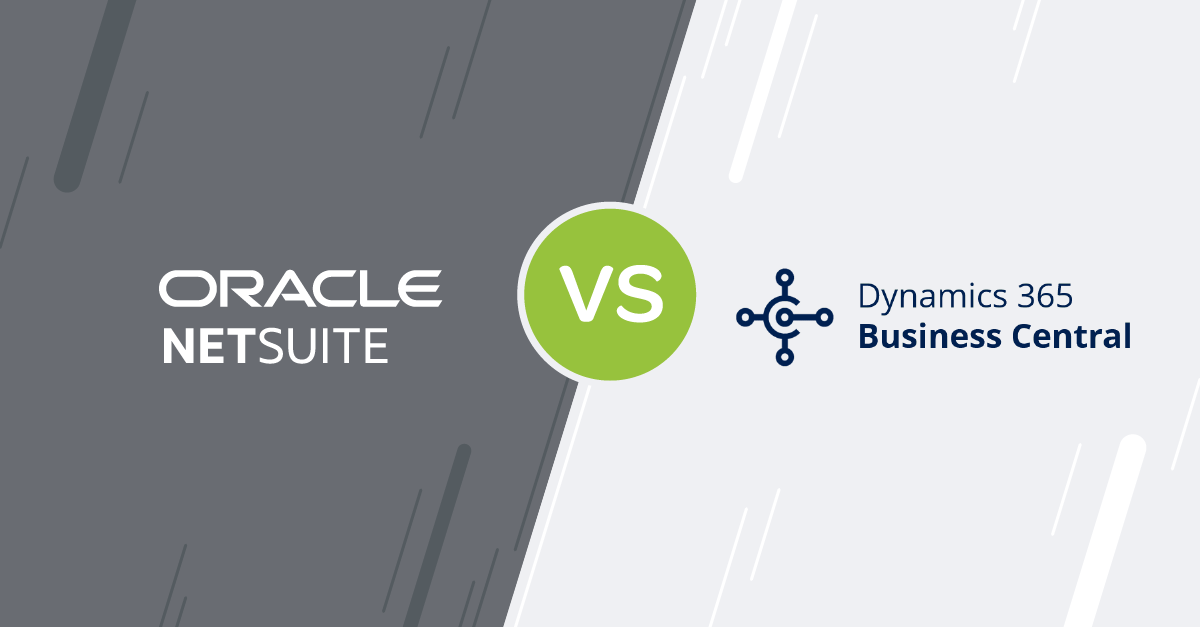Blog
Share this
Guide to ERP Inventory Management

by Carly Caines on August 26, 2024
Managing inventory is a bit like juggling—except you’re not tossing balls but balancing stock levels, customer demand and orders. It’s essential for your business to keep this process under control, but with so many tools and systems out there, it can be overwhelming. That’s where ERP comes in. It offers a comprehensive solution that integrates inventory management with other crucial business functions, providing a clearer, more streamlined approach to handling your inventory.
In this guide, we’ll break down what inventory management is, how ERP systems stack up against traditional inventory management software, and the many benefits of using ERP to manage your inventory.
What is inventory management?
Inventory management is all about overseeing the flow of goods from suppliers to warehouses, and eventually to customers. It involves tracking inventory levels, orders, sales and deliveries.
The goal is to keep the right amount of inventory at the right time, avoiding both overstocking products and stockouts. Think of it as ensuring you have just enough of everything without tying up too much capital or space.
ERP vs. inventory management software
ERP (Enterprise Resource Planning) software integrates various business processes into one unified system. It covers everything from finance and sales to production and, yes, inventory management.
Now, you may wonder how ERP compares to a dedicated inventory management software. While inventory management software focuses on the tracking and management of stock, ERP offers a much broader scope for your business. Within ERP, inventory management is just one piece of a larger puzzle. This integration ensures that inventory data is synced across different functions like sales, finance and procurement, offering a more holistic view of your business operations.
Benefits of integrating inventory management with ERP
1. Reduce your inventory investment
With real-time visibility into stock levels and demand patterns, you can better align your inventory with customer needs. Avoid overstocking items that tie up capital and space, while also minimizing stockouts that could lead to lost sales. The result? A more efficient use of your resources and improved cash flow.
2. Optimize your inventory mix with advanced inventory planning tools
ERP systems come equipped with sophisticated inventory planning tools that help you analyze historical data, forecast demand and plan your inventory mix more effectively—without the manual effort. This optimization ensures you maintain the right balance of stock, catering to customer demand without holding excess inventory. Advanced algorithms and predictive analytics allow you to adjust inventory levels based on trends and market conditions, making your inventory strategy more agile and responsive.
3. Improve order-to-cash with automated processes
Connecting your core processes in an ERP system allows you to automate key stages of the order-to-cash process, including order entry, inventory management, invoicing and payment processing. By linking these specific functions, you can eliminate manual data entry errors, streamline order processing and ensure real-time inventory updates. Invoices are also automatically generated as soon as orders are fulfilled, and payments are tracked within the system. This level of integration results in a smoother, faster and more accurate order fulfillment process that enhances customer satisfaction and boosts your cash flow.
4. Look for strategic opportunities in your supply chain
ERP provides comprehensive insights into your supply chain, helping you identify areas for improvement and strategic opportunities. By analyzing data across the supply chain, you can pinpoint inefficiencies, negotiate better terms with suppliers and optimize logistics. This strategic oversight allows you to make informed decisions that drive cost savings and enhance your overall supply chain performance.
5. Gain visibility into inventory levels and sales activity
With consolidated data, you can monitor current inventory levels, track sales trends and analyze customer purchasing patterns in one place. This insight helps you make data-driven decisions about reordering, promotions and stock management. It also enables you to proactively address potential issues, such as stock imbalances or supply chain disruptions, before they impact your operations.
6. Operate more efficiently
Automated workflows and real-time data synchronization mean that your team spends less time on administrative tasks and more time focusing on strategic activities. Efficient operations translate to reduced lead times, fewer errors and overall improved productivity. Plus, with all inventory-related data centralized within the ERP, you can access the information you need quickly and easily, driving better decision-making across the board.
Essential inventory management features in ERP
- Real-time inventory tracking: Keep tabs on your inventory levels in real-time so you’re always aware of what’s in stock and what’s not.
- Automated reordering and stock replenishment: Set up automatic reordering to ensure that you never run out of essential items. This feature takes the guesswork out of stock management.
- Inventory valuation and reporting: ERP systems provide detailed reports on inventory valuation, supporting financial analysis and decision-making.
- Multi-location management: Manage inventory across multiple locations from a single platform. This is especially useful if your business has multiple warehouses or stores in different locations.
- Lot and serial number tracking: Track individual lots or serial numbers for better control and traceability, which is essential for quality assurance and compliance.
- Integration: The integration capabilities of ERP ensure that inventory management is seamlessly connected with your business functions.
- User-friendly interfaces: Easy-to-navigate workflows that make managing inventory simple and efficient for your team.
Best practices for ERP inventory management
Inventory audits and cycle counts
Inventory audits involve doing a thorough check of your stock from time to time—think of it like a yearly inventory “spring cleaning” to spot any discrepancies between what you have on record and what’s actually on the shelves.
Cycle counts, on the other hand, involve counting a portion of your inventory on a rotating basis, so you can catch errors more often and avoid the hassle of a big, disruptive audit. Setting up a consistent routine for both will help keep things in order and let you fix problems before they escalate.
While audits and cycle counts are still essential, businesses often find that their counts are more accurate after implementing an ERP system. Unlike other inventory management solutions, ERP automatically updates your inventory levels with each transaction, reducing the chances of discrepancies. This means that when you do perform those counts, what you see on the shelf is much more likely to match what’s in the system, saving you time and headaches.
Inventory parameters
Getting your inventory parameters right makes managing stock a whole lot easier. Start by setting reorder points based on past sales and future forecasts, so you’re reordering before you run out. It’s also smart to establish safety stock levels to buffer against sudden spikes in demand or supply hiccups—this helps prevent those annoying stockouts. Don’t forget to accurately define lead times for each supplier so you’re not left waiting around. Regularly tweaking these settings based on sales trends, supplier performance and market shifts will keep your inventory management smooth and effective.
Inventory classification techniques
Classifying your inventory can make a big difference in how you manage it.
ABC analysis breaks your stock into three categories:
- ‘A’ items are high-value and high-priority
- ‘B’ items are moderate in both
- ‘C’ items are lower value and priority.
This helps you focus your efforts where they matter most.
For items with a limited shelf life, FIFO (First In, First Out) ensures older stock is used first. For non-perishables, LIFO (Last In, First Out) might work better, using the newest stock first. There are more methods for classifying inventory, so pick the method that fits your business best and adjust your inventory management strategies as needed to keep everything running smoothly.
Measure success
To know if your inventory management is on point, keep an eye on a few key metrics:
- The inventory turnover ratio tells you how often your stock is sold and replaced—higher is usually better.
- The inventory carrying cost, which includes expenses like storage and insurance—lower costs here mean you’re managing inventory efficiently.
- Order accuracy measures how well you’re fulfilling orders without mistakes—high accuracy means your processes are working well.
Regularly checking these inventory management metrics will help you spot trends, fix issues and make sure your inventory practices align with your goals.
Software training and support
For your ERP system to really shine, make sure your team is well-trained and supported. Offer solid training on how to use the system and manage inventory—this includes everything from data entry to navigating the software and tracking stock. Ongoing support is also crucial—make sure there’s help available, whether it’s through help desks, manuals or updates on system changes. Encourage feedback to address any issues and invest in continuous learning to keep everyone up to date with the latest features and best practices.
If you’re ready to see how much ERP could improve your inventory management—and your business as a whole—take our quick ERP Need Assessment below.
Share this
Stay in the Know!
Join other SMEs who receive our monthly ERP insights, tips and best practices.
You may also like

ERP Funding for Canadian Businesses

Should You Work with a NetSuite Implementation Partner or Go Direct?



